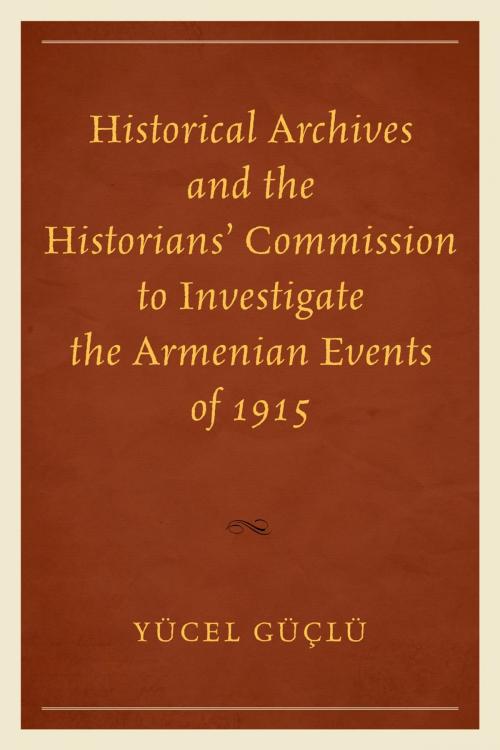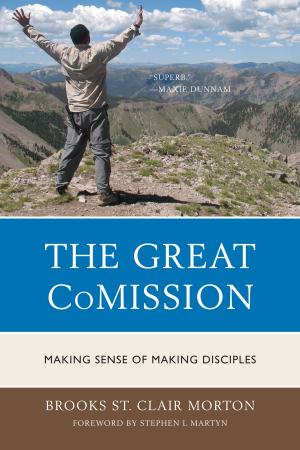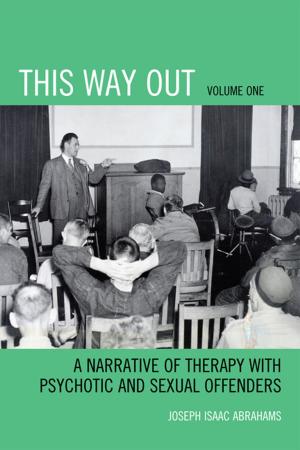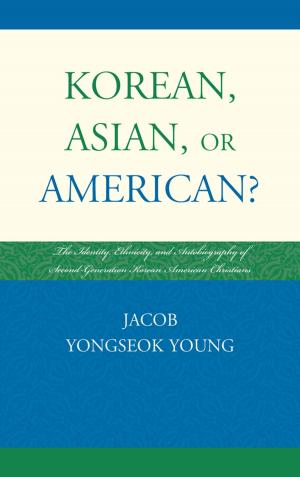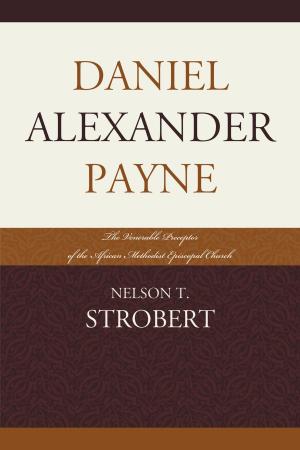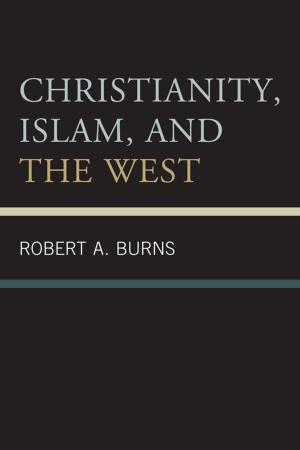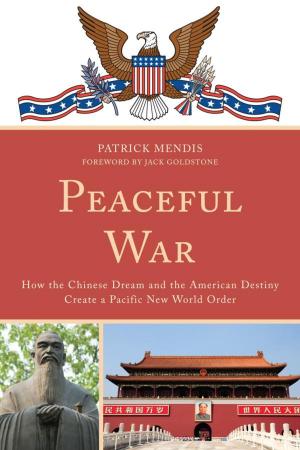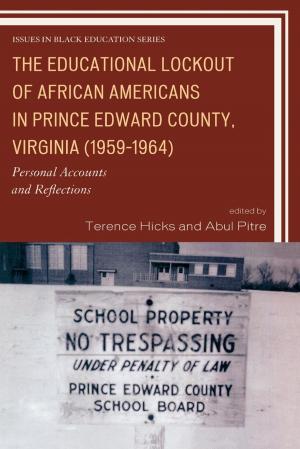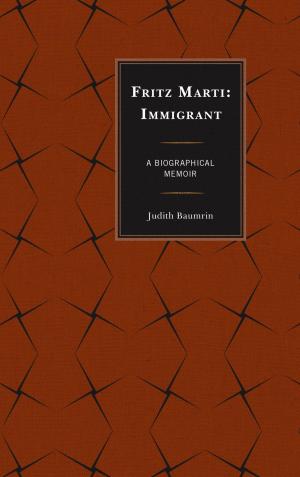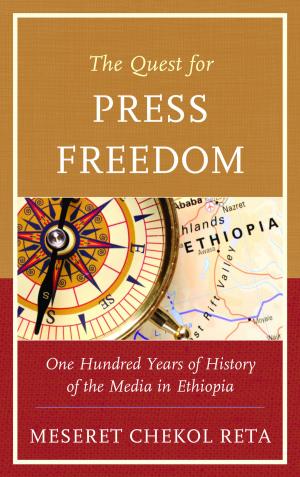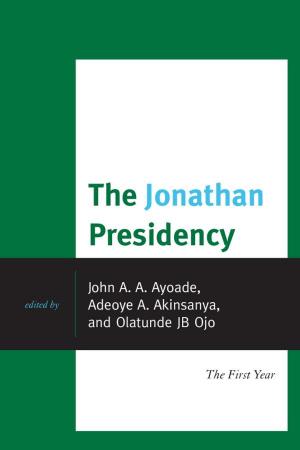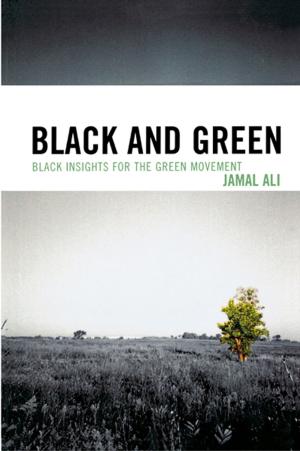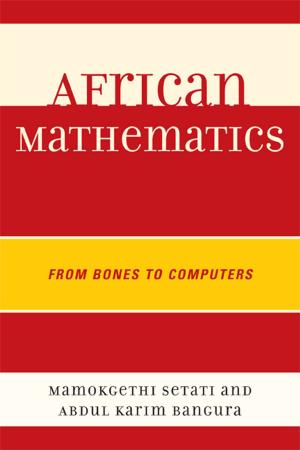Historical Archives and the Historians' Commission to Investigate the Armenian Events of 1915
Nonfiction, History, Asian, Former Soviet Republics, Eastern Europe, Modern, 20th Century| Author: | Yücel Güçlü | ISBN: | 9780761865674 |
| Publisher: | UPA | Publication: | August 7, 2015 |
| Imprint: | UPA | Language: | English |
| Author: | Yücel Güçlü |
| ISBN: | 9780761865674 |
| Publisher: | UPA |
| Publication: | August 7, 2015 |
| Imprint: | UPA |
| Language: | English |
Historical Archives and the Historians' Commission to Investigate the Armenian Events of 1915 demonstrates the vital importance of Ottoman and other relevant archives in Turkey for the study of the Armenian question. Historians, assisted by newly discovered or recently published materials, must continually reassess events of the past in order to achieve a rounder view. The Armenian events of 1915 are certainly no exception. This study encourages further engagement between the policy-making and the scholarly communities by indicating the continued importance of past records and documents for today’s pressing debates. In order to give a fuller picture, this survey also looks at some major relevant archival sources outside Turkey, including the state of archives of the First Republic of Armenia and those of the Dashnak Party. Yücel Güçlü’s inquiry sheds light on some of the British records relating to the First World War and its immediate aftermath locked at the National Archives in Kew, London, and he examines the special relevance of repositories in Moscow and St. Petersburg in understanding the Turkish-Armenian conflict. Güçlü assesses Turkey’s proposal to establish an international historians’ commission to investigate the Armenian events of 1915 and reviews in-depth the meanings and implications of the protocols of cooperation signed between Turkey and Armenia on 10 October 2009. By turning a modern eye on historical events, this study gives great and necessary attention to discovering the precise chronology, meaning, and development of the continuing negotiations between Turkey and Armenia.
Historical Archives and the Historians' Commission to Investigate the Armenian Events of 1915 demonstrates the vital importance of Ottoman and other relevant archives in Turkey for the study of the Armenian question. Historians, assisted by newly discovered or recently published materials, must continually reassess events of the past in order to achieve a rounder view. The Armenian events of 1915 are certainly no exception. This study encourages further engagement between the policy-making and the scholarly communities by indicating the continued importance of past records and documents for today’s pressing debates. In order to give a fuller picture, this survey also looks at some major relevant archival sources outside Turkey, including the state of archives of the First Republic of Armenia and those of the Dashnak Party. Yücel Güçlü’s inquiry sheds light on some of the British records relating to the First World War and its immediate aftermath locked at the National Archives in Kew, London, and he examines the special relevance of repositories in Moscow and St. Petersburg in understanding the Turkish-Armenian conflict. Güçlü assesses Turkey’s proposal to establish an international historians’ commission to investigate the Armenian events of 1915 and reviews in-depth the meanings and implications of the protocols of cooperation signed between Turkey and Armenia on 10 October 2009. By turning a modern eye on historical events, this study gives great and necessary attention to discovering the precise chronology, meaning, and development of the continuing negotiations between Turkey and Armenia.
